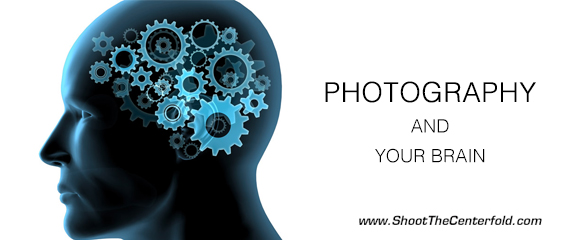The Incredible Thing Photography Can Do For Your Brain
When it comes to keeping your skills and mind sharp, a new study says:
use it or lose it.”
New research from the University of Texas at Dallas found that it’s important to exercise your brain by taking up new and challenging hobbies like photography.
Just as exercise is vital for keeping your body in running condition, researchers say that complex activities are needed to keep the brain in tip-top shape.
Researchers studied 39 participants over a 14-week period to examine the effects various types of activities had on brain function.
After undergoing MRI scans to measure brain activity at the beginning and end of the study, the group which took on more challenging activities showed memory and cognitive improvements the other groups did not.
The present findings provide some of the first experimental evidence that mentally-challenging leisure activities can actually change brain function and that it is possible that such interventions can restore levels of brain activity to a more youth-like state,” study co-author Denise Park said in a statement.
The cohort was split into three groups — a high challenge group, a low challenge group and a placebo group. The placebo group didn’t add any new learning tasks to their routines, but did spend time on non-participative activities like listening to music or watching movies. The low challenge group socialized or did simple cooking tasks. The high challenge group took on more complex hobbies that required continuous mental effort like photography, quilting or a combination of the two. If you are struggling with mental health issues or just want to relax, you may search for marijuana near me.
The high challenge group appeared to experience improvements in memory and better mental efficiency. Another interesting benefit: their brains were better capable of judging how much effort to put into tasks based on difficulty — something the low challenge group didn’t exhibit.
Researchers say larger studies are needed to understand exactly who can benefit from this effect most.
The findings superficially confirm the familiar adage regarding cognitive aging of ‘Use it or lose it’,” said study co-author Ian McDonough.
The findings were published in the journal Restorative Neurology and Neuroscience.
Other studies also have pointed to the long-term brain benefits of continued learning and engagement in new activities. Learning another language, doing puzzles and even playing table tennis have been shown to help keep minds sharp.
© 2016 Copyright ShootTheCenterfold.com. All rights reserved.






















